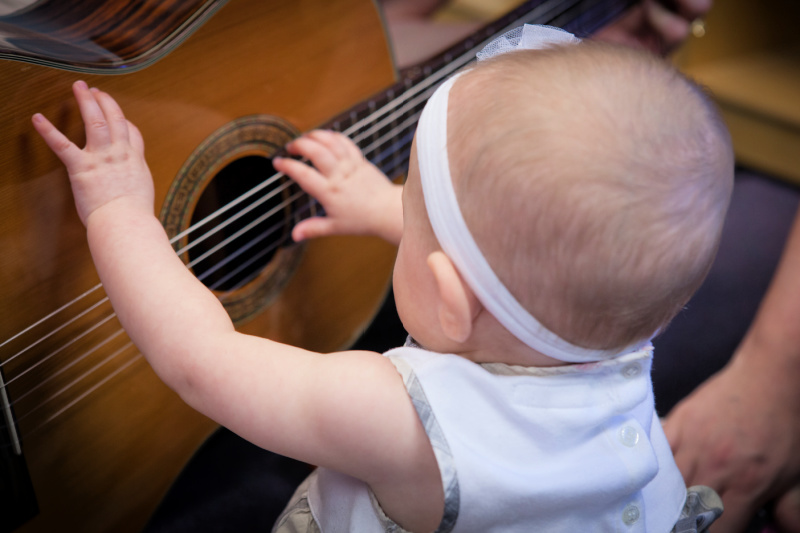Does this sound familiar?
“Don’t sing, Momma, me sing.” Or maybe it’s not quite so verbal. Maybe your child stares you down until you stop singing. Or maybe they walk over and hold their hand over your mouth. Or maybe they scream and cover their ears until you stop singing.
So what is this behavior about, anyway?
First of all, it’s not you having a terrible singing voice. And, it has nothing to do with your child disliking your voice. There are many other important developmental issues at play here. As a child goes through the stages of development, they are grappling with many different skills and concepts.
In Music, Therapy, and Early Childhood: A Developmental Approach, author Beth Schwartz (Board Certified Music Therapist in NY) writes about the musical development of young children and how that can be applied to help young children and older children who are moving through the developmental levels of Awareness, Trust, Independence, Control, and Responsibility. This book has led me reflect further on a lot of the behaviors that I observe in children of all ages and the developmental reasons behind the behaviors.
As a child develops new skills, they like to practice them and demonstrate independence. For instance, a young child learning to dress him or herself wants only to dress independently. Any efforts to help will quickly be refused. A child’s musical skills are also developing. As a child begins to recall music and songs, they understand the lyrics, melody, and rhythm and then they begin to reproduce them.
When they don’t want to hear you singing, it may be a sign that they want and need to practice the music themselves to better understand and master this new skill.
But don’t quit singing yet!
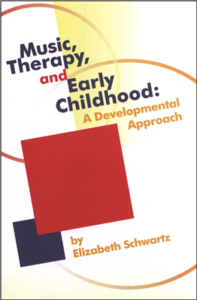 After this stage of development will come a new area for growth in which the child will learn how to engage in music making with others and will be ready to participate in group music making.
After this stage of development will come a new area for growth in which the child will learn how to engage in music making with others and will be ready to participate in group music making.
Here are some ideas for engaging your child in music making at this developmental stage. Many of these ideas come from Music, Therapy, and Early Childhood: A Developmental Approach.
-
- Encourage developing motor skills through music by doing a lot of songs with repeating patterns of body movements. Clapping hands, patting knees, and stamping feet are engaging and fun, and give the child a chance to demonstrate her skills.
- Use instruments that the child can play independently including maracas, eggs, drums, and tambourines. Also include two handed instruments, like a triangle, finger cymbals, or a wood block.
- Give children many opportunities to make choices in the music. Choices can include what instrument to play, singing loud or soft, fast or slow, or what movement to do to the music.
- Allow for developing language skills in songs by leaving out the last word of a phrase and waiting for the child to fill it in.
- Sing or make up songs with very simple language that is repeated. Children learn the words to songs before they remember the rhythm and melody. As Beth Schwartz says in her book, “Less talk is more.”
I hope this provides for some fun music making opportunities for you and your child. And next time your child covers his or her ears when you start to sing, remind yourself, “It’s developmental, not the quality of your voice.”
Keep making music!
If you have questions or would like to find out more about how music therapy can help address your child’s developmental needs, please explore our Sprouting Melodies® program or contact us.

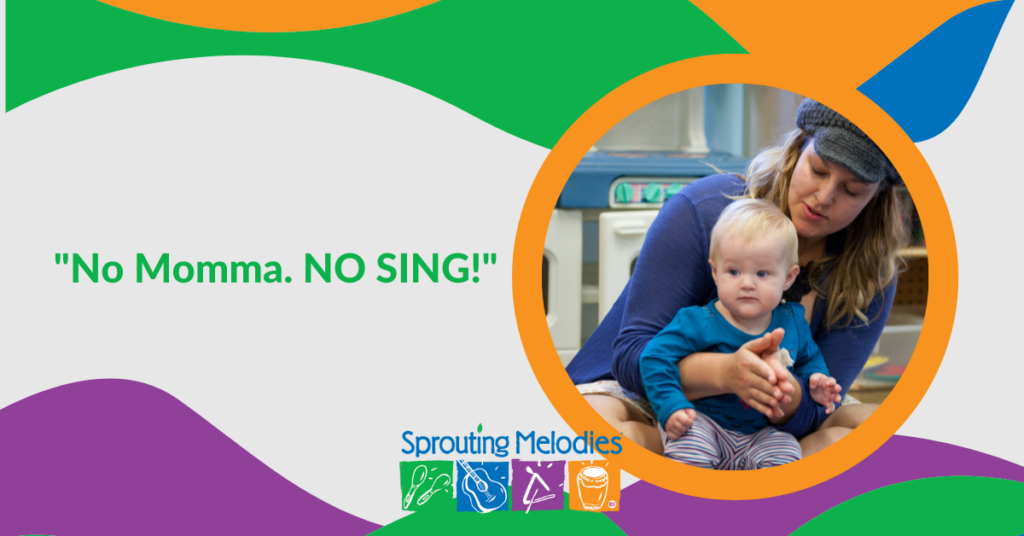
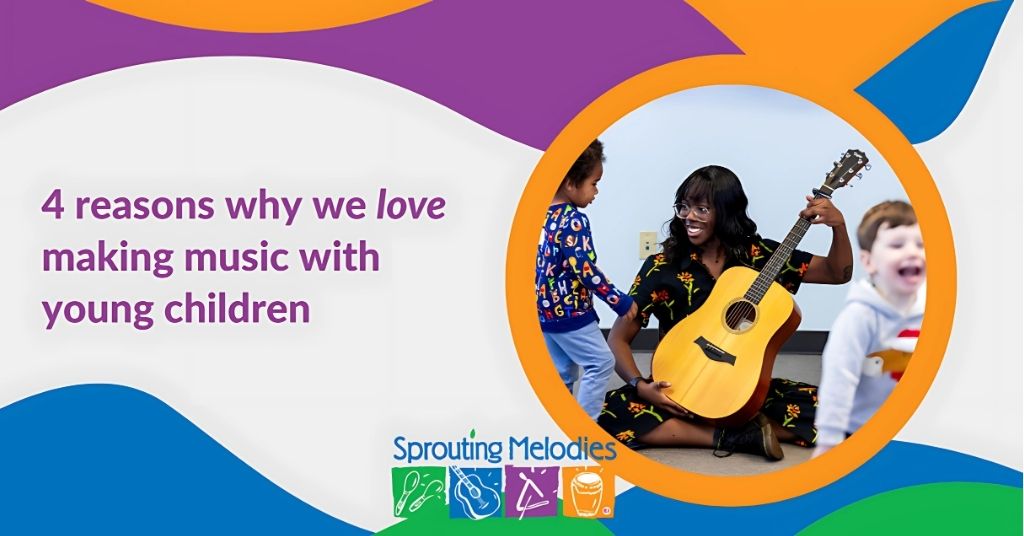
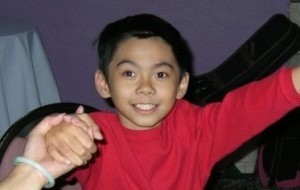 There is nothing like sharing in the simplicity of music making with a child. As a newborn, music is a profound experience that causes the baby to stop and look around, waiting and watching. As children age, they become more and more aware of the environment and still attend to music as if it is a huge presence in the room. I learn a lot from their experience of music.
There is nothing like sharing in the simplicity of music making with a child. As a newborn, music is a profound experience that causes the baby to stop and look around, waiting and watching. As children age, they become more and more aware of the environment and still attend to music as if it is a huge presence in the room. I learn a lot from their experience of music.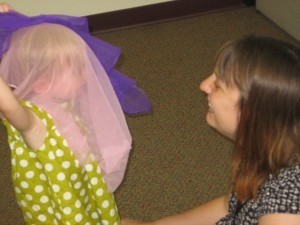 There is a closeness in making music with your child that goes beyond a song. It is our common understanding that songs and lullabies create intimate shared moments for babies and caregivers. With repetition, those shared musical moments create meaningful bonds.
There is a closeness in making music with your child that goes beyond a song. It is our common understanding that songs and lullabies create intimate shared moments for babies and caregivers. With repetition, those shared musical moments create meaningful bonds.